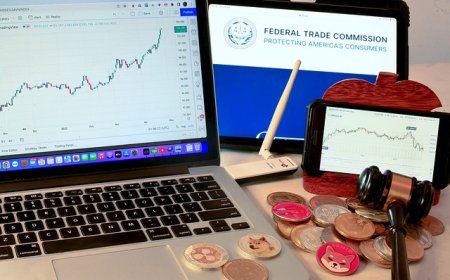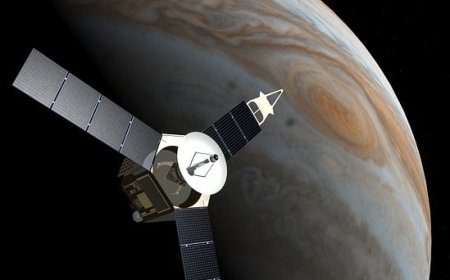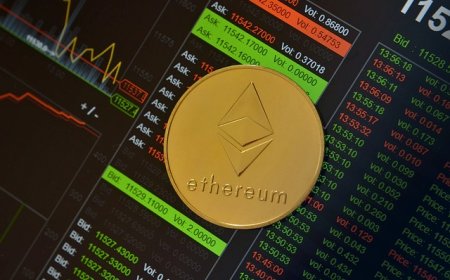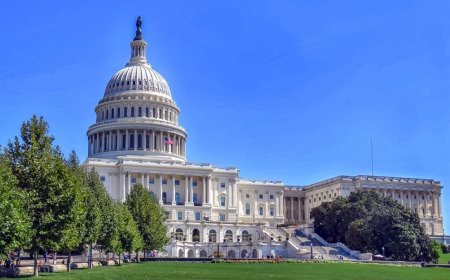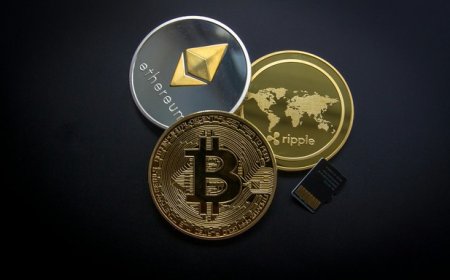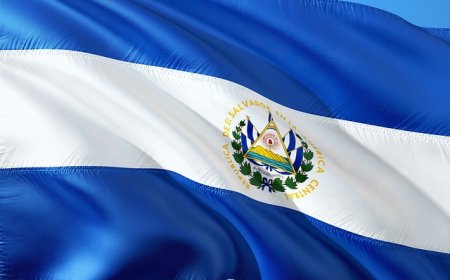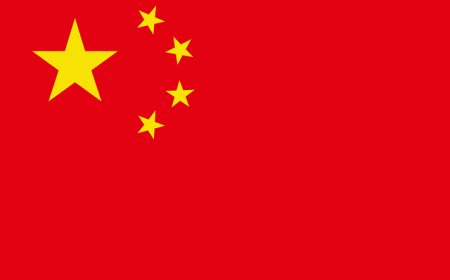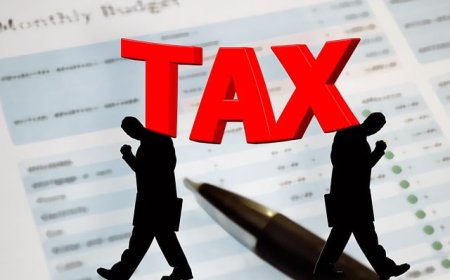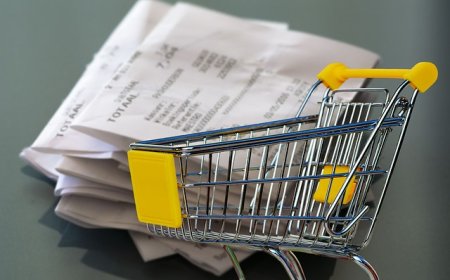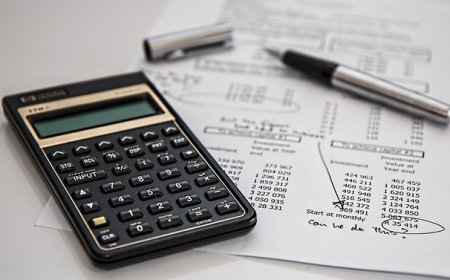El Salvador Adjusts Bitcoin Policies in Exchange for $1.4 Billion IMF Loan

El Salvador has agreed to scale back its Bitcoin policies as part of a $1.4 billion loan arrangement with the International Monetary Fund (IMF), according to a statement released on December 18.
The agreement comes after nearly four years of negotiations, culminating in a 40-month Extended Fund Facility (EFF) aimed at supporting the country's economic reforms. A key condition of the deal involves improving El Salvador's primary balance by 3.5% of GDP over three years, a move expected to reduce the public debt-to-GDP ratio from its projected 2024 peak of 85%.
Bitcoin Policy Revisions
The IMF agreement requires significant adjustments to El Salvador's Bitcoin-related policies. One of the most notable changes is making Bitcoin acceptance by private businesses optional rather than mandatory. Additionally, the public sector will scale back its involvement in Bitcoin-related activities, and tax payments will no longer be accepted in Bitcoin, reverting to transactions in U.S. dollars only.
In its statement, the IMF emphasized:
"Legal reforms will make acceptance of Bitcoin by the private sector voluntary. For the public sector, engagement in Bitcoin-related economic activities and transactions in and purchases of Bitcoin will be confined."
The government is also set to gradually phase out its involvement with the Chivo e-wallet, a crypto app introduced in 2021. Initially incentivized with a $30 Bitcoin reward for new users, Chivo has seen a steady decline in adoption and usage.
Continued Bitcoin Acquisition
Despite these policy shifts, El Salvador remains committed to acquiring Bitcoin. On December 18, the National Bitcoin Office (ONBTC) reiterated that the government is continuing its strategy of purchasing one Bitcoin daily, a plan first announced by President Nayib Bukele in November 2022.
This strategy has proven profitable. President Bukele recently highlighted an unrealized gain of $362 million from the country's Bitcoin holdings, which now exceed 6,000 BTC. Earlier this year, Bukele confirmed that the daily Bitcoin purchases would continue as long as they remain affordable in fiat terms.
El Salvador's decision to revise its Bitcoin policies while maintaining its commitment to accumulating the cryptocurrency underscores a nuanced approach to balancing economic reforms with its broader Bitcoin ambitions.
What's Your Reaction?







